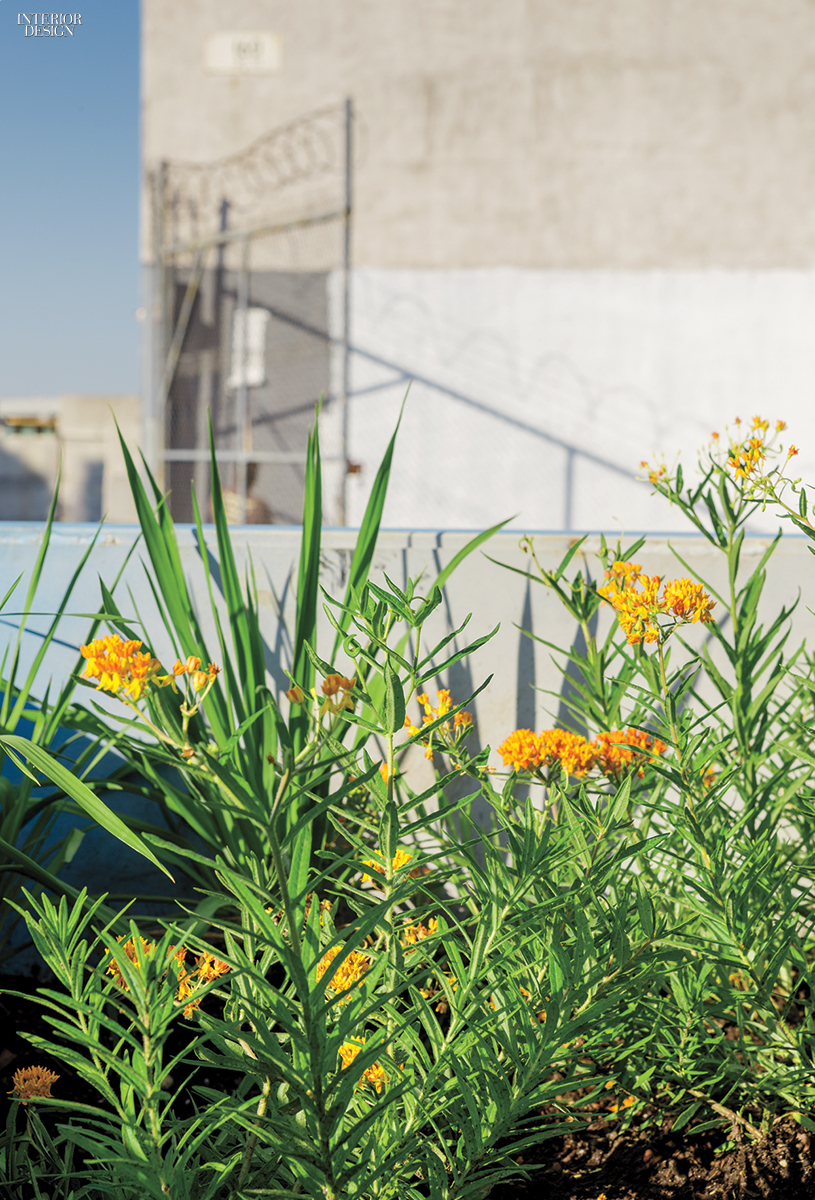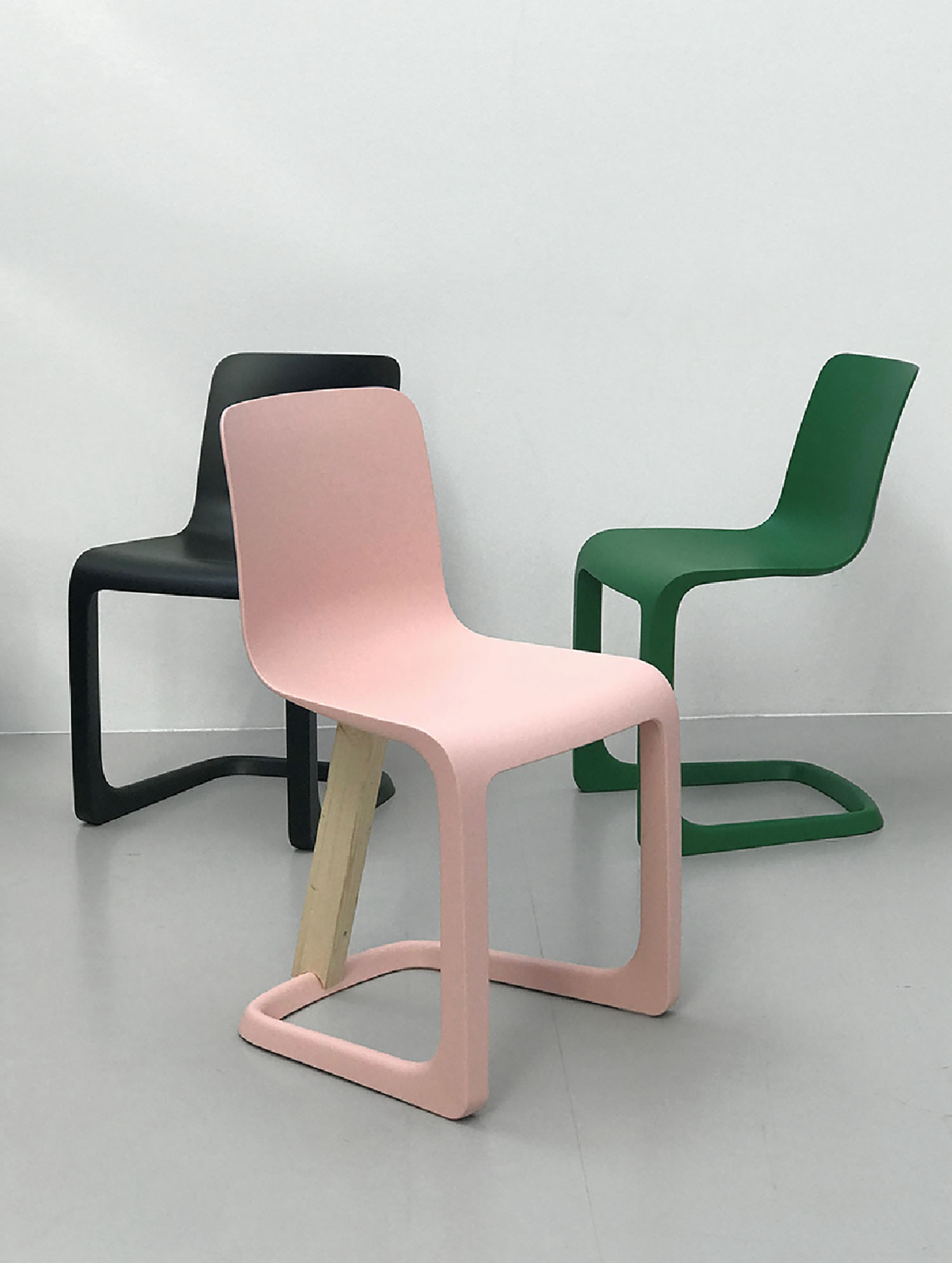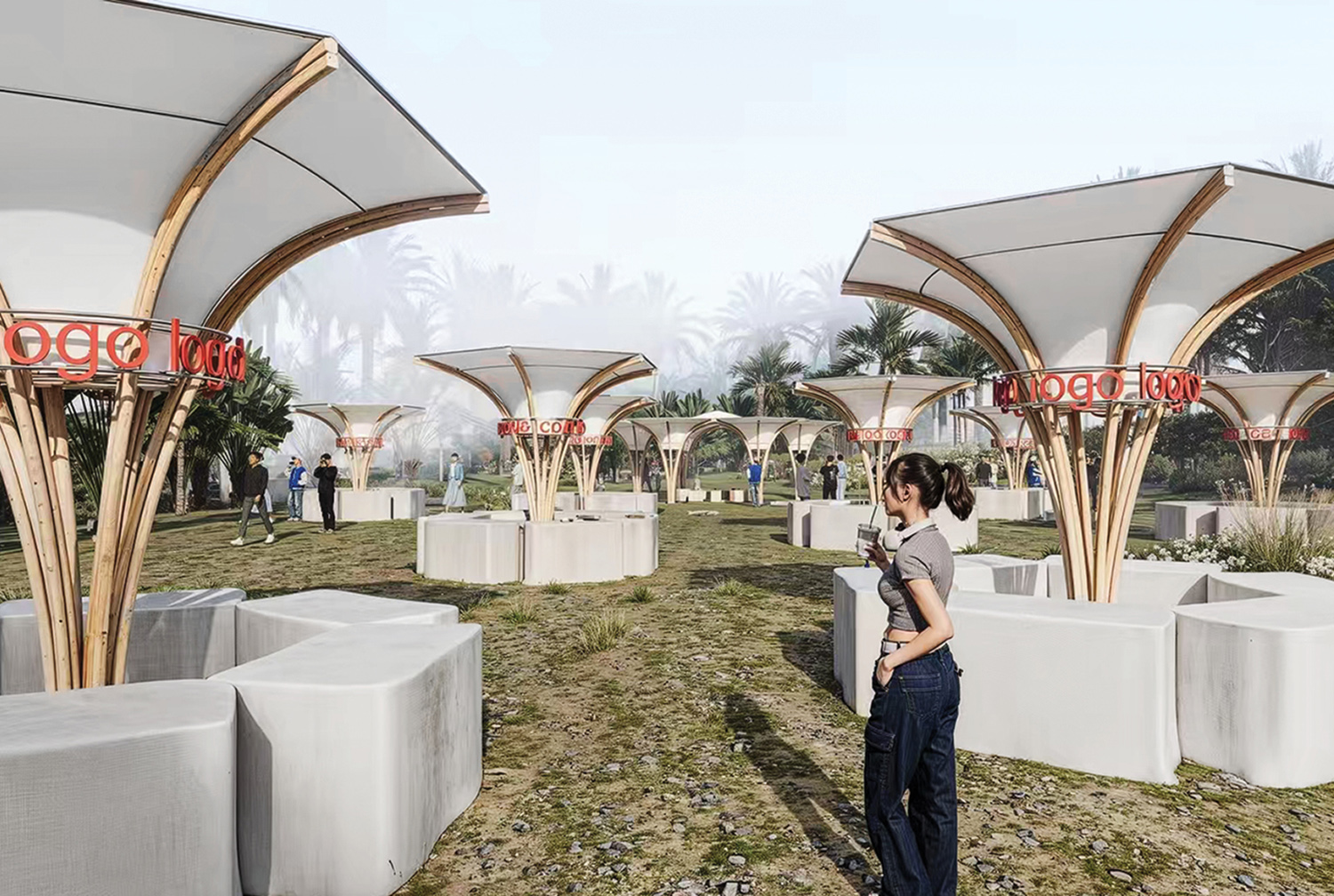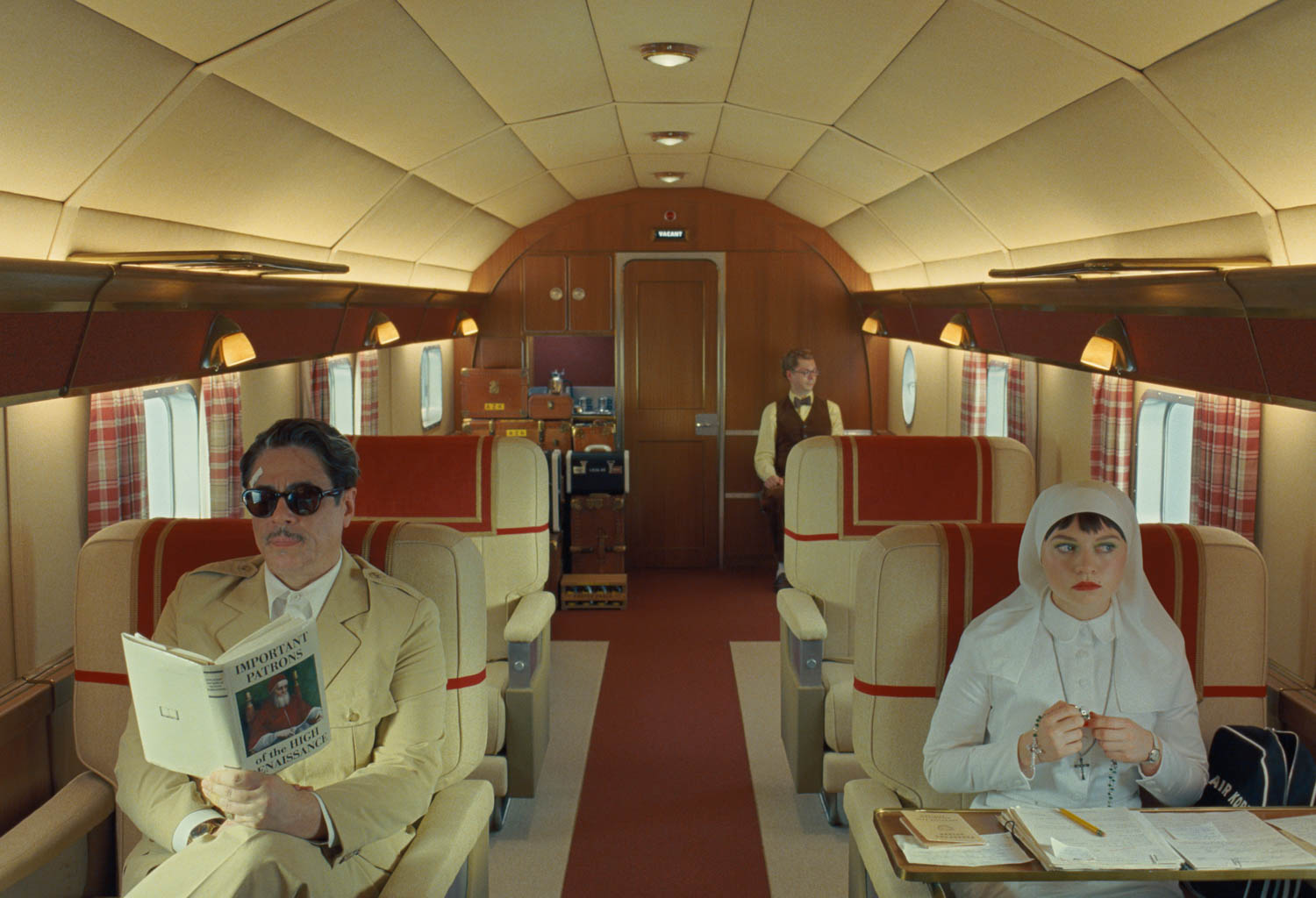Bright Blue Dumpsters Signal the Gowanus Canal’s Pollution Problem
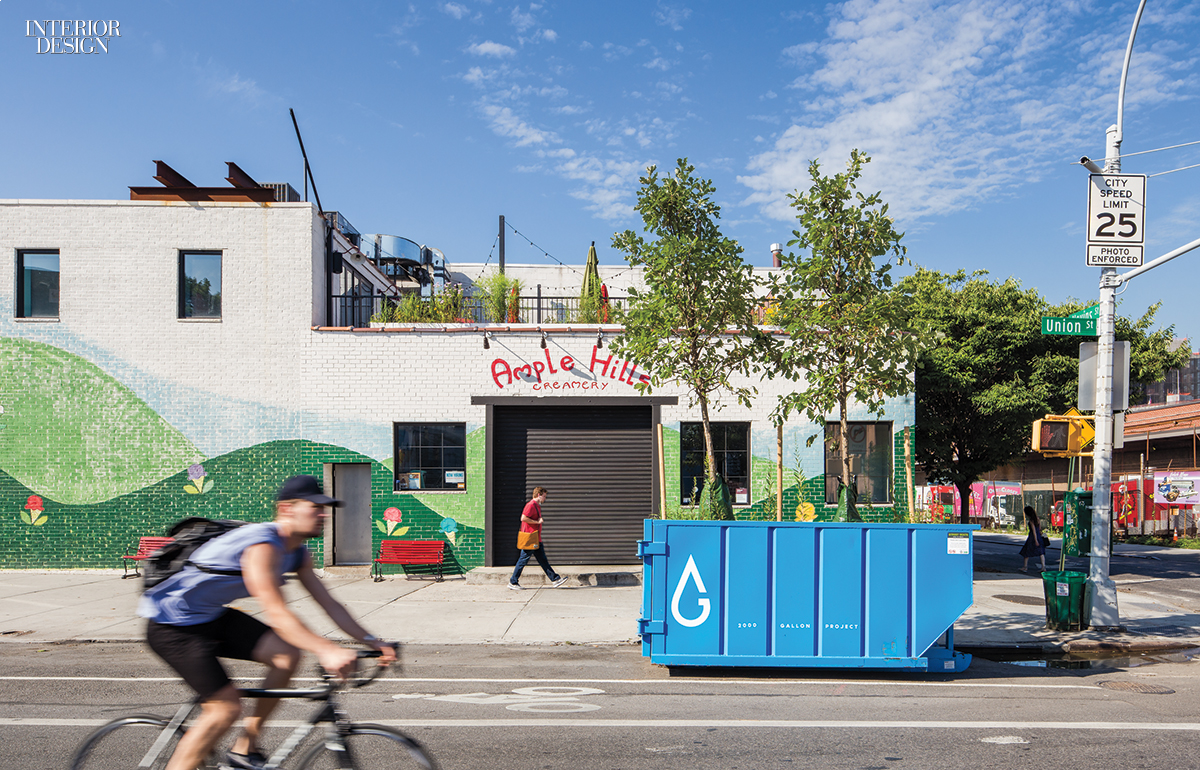
Although the Gowanus Canal was long a dumping ground for factories in Brooklyn, industrial waste is only part of the pollution problem. This Superfund site also gets contaminated during storms, when the limited municipal drainage system demands that the 2-mile-long waterway absorb runoff mixed with raw sewage. City government is investing in infrastructure to alleviate this. In the meantime, to keep the canal cleaner, residents of the Gowanus neighborhood are encouraged to reduce water use when it rains.

To increase public awareness of storm-water management, generally invisible, via a visual indicator, the architect-led Alloy Development has underwritten an initiative on which it collaborated with 3×3 Design and its service design director Megan Marini, plus the nonprofit Gowanus Canal Conservancy. The 2,000 Gallon Project’s name refers to the amount of water that can be held in each of the dumpsters installed around the neighborhood, and their bright blue paint was chosen to indicate what color the canal, currently greenish-brown, could eventually become. On the dumpsters’ sides, QR codes activate a walking tour that details the area’s environmental problems. Inside the dumpsters, soil nourishes pairs of saplings—future street trees. These honey locusts, white oaks, and lindens will be planted in October by volunteers.
